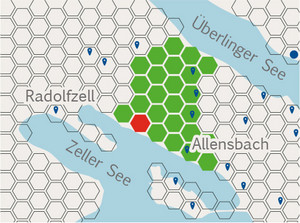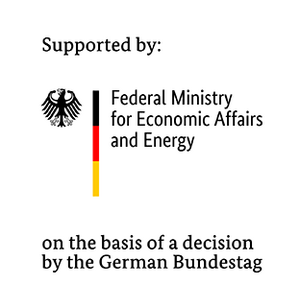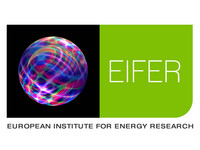INCLUSIF – a smart meter that puts the customer in focus

The limited functionality and therefore acceptance of “Smart Meters” and their uncertain contribution to a successful energy transformation in the three neighbour countries of the upper Rhine (D/F/CH) motivated the University of Upper Alsace (Mulhouse) to develop the Interreg funded project SMI (Smart Meter Inclusif). At the Kickoff on Oct. 10, 2019 (Photo: Thomas Walter) the project partners presented their work packages that include customer acceptance and marketing strategies, advanced algorithms for information processing as well as regulatory conditions and business models. The objective is the development and test of an improved smart meter that overcomes existing limitations. As an associated partner, Easy Smart Grid was invited to contribute its experience to convert such information into added value for both end customers and an energy system with high shares of renewables. To that end a close exchange with the project partners from administrations, research and companies is envisaged.





